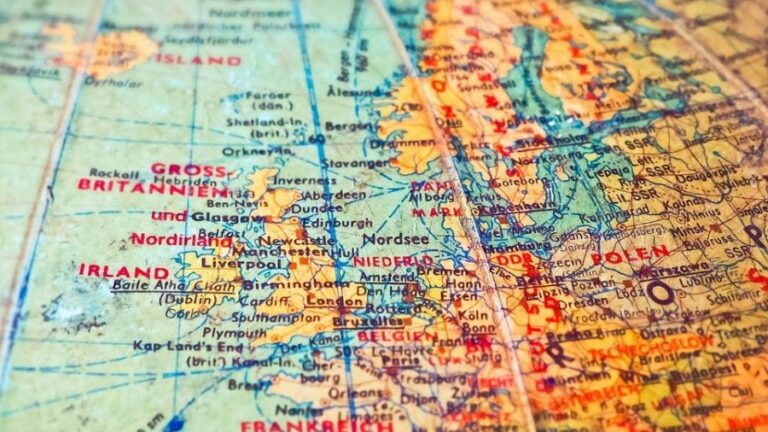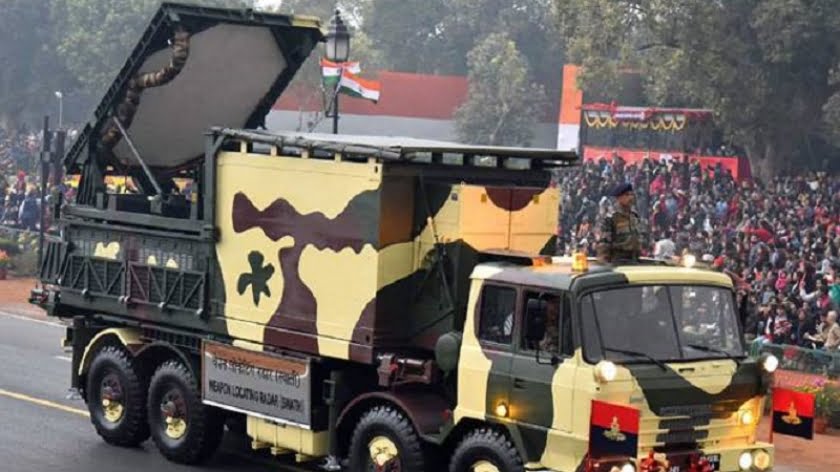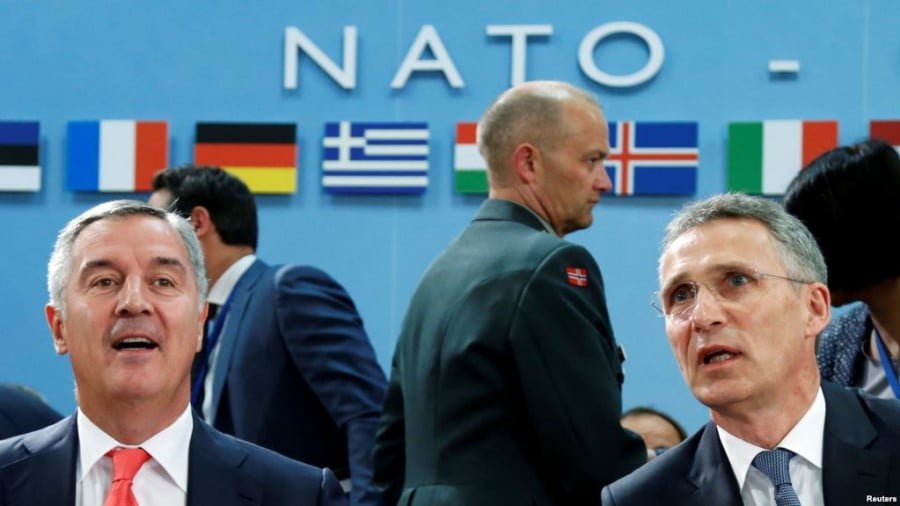UN Peacekeepers to the Donbass?
During a press availability at conclusion of the BRICS summit in China on September 5, 2017, President Vladimir Putin announced he instructed Foreign Minister Sergey Lavrov to advance the idea of making the OSCE monitoring mission on the Donbass more effective through the introduction of armed UN peacekeepers. Lavrov was reportedly instructed to introduce an appropriate UN Security Council project resolution. Only a few hours after President Putin’s remarks, Russia’s ambassador to the UN Vasiliy Nebenzya echoed his words, adding that a resolution draft to that effect had already been forward to the UNSC chair and will be distributed among UNSC members.
The idea of UN peacekeepers on the Donbass is not new, and on principle is not opposed by any of the interested parties. But from the outset each of the parties promoted their own idea of what the peacekeeping on the Donbass ought to look like, and these ideas have been mutually exclusive. The current rulers in Kiev long-standing position on peacekeepers may be summed up as follows: the peacekeepers ought not to only protect the OSCE mission and enforce the line of separation but be positioned on the border between Russia and Novorossia. Since Kiev also insists on the peacekeepers to be drawn from NATO countries, that would be tantamount to an economic strangulation of Novorossia, as a prelude to the inevitable invasion. Kiev’s sponsors, though not actively pushing the idea of peacekeeping, nevertheless tended to embrace Kiev’s concept.
What is new in Putin’s new initiative is that Russia appears to be promoting its own and quite different version of what Kiev has been arguing in favor of for years. That President Putin’s words were the beginning of a carefully prepared diplomatic offensive rather than a trial balloon or an attempt to score rhetorical points at the UN is also suggested by the response by Western powers, which left considerable room for interpretation implying the existence of room for maneuver. EU officials, including the German Foreign Minister Sigmar Gabriel welcomed Putin’s idea, stating it was consistent with Chancellor Merkel’s position and that it offered a chance for reducing tensions in the region. Gabriel’s statement was sufficiently vague to make it impossible to determine whether he was endorsing Moscow’s or Kiev’s idea of peacekeeping.
The US State Department commentary emphasized that the peacekeepers could save Ukrainian lives and preserve Ukraine’s territorial integrity. Here, too, it’s not entirely obvious in which direction Washington is leaning, since the preservation of Ukraine’s integrity is also Russia’s aim–there are no active plans to either absorb LPR/DPR into Russia proper or carve out an independent sovereign state. To the extent an armed UN mission prevents Ukrainian forces from attacking the republics, it would facilitate progress in implementing the political dimension of Minsk Agreements which clearly specify an extensive autonomy for the Donbass, but with an ability to weigh in on Kiev’s foreign policy.
The ambiguity of these statements prompted Ukraine’s Foreign Minister Pavel Klimkin to issue a nervous statement to the effect that voicing support for President Putin’s proposal represented cozying up to Moscow, suggesting that either Klimkin was the last to learn of this initiative or that his foreign sponsors informed him the game was coming to a close. For indeed, Sigmar Gabriel went so far as to say that EU sanctions on Russia could be lifted as soon as some progress toward peace is visible, rather than waiting for the full implementation of the Minsk Agreements which, Gabriel noted, will take a lot more time for Kiev to fully implement.
Klimkin is right to worry, because if the UN Security Council actually authorizes a peacekeeping operation along the lines proposed by Russia, it would represent a watershed event in Ukraine’s political history. Placing peacekeepers on the border with Russia would greatly strengthen Kiev, both as an international and a domestic political actor. However, if they are placed to protect OSCE and enforce the military aspects of Minsk Agreements, it would send the message Kiev no longer exercises sovereignty over its own territory, because whenever UN peacekeepers are deployed to address internal problems of a country, it is done because that government is no longer seen as viable. Poroshenko and his clique are likely to oppose this move but, again, the impetus with which Putin’s initiative was launched, cautious Western responses, and Kiev’s nervousness suggest this initiative was not launched without extensive preparatory consultations with other UNSC permanent members.
It is also possible Kiev has been informed of what is being considered. A few days after Putin’s announcement, the Rada Deputy Speaker Oksana Syroyed stated that the UAF troops’ presence on the Donbass is a violation of Ukraine’s Constitution, a statement that is wholly consistent with the idea of UN peacekeepers policing the Donbass line of separation. Finally, in what may be an effort to sweeten this obviously bitter pill, Russia’s Energy Minister Aleksandr Novak said Russia may continue natural gas transit through Ukraine even after North Stream 2 and Turkish Stream are complete after 2019.
So now all eyes are on the UN Security Council. Will the resolution introduced by Russia pass, thus ushering in a new phase in Ukraine’s politics and in the Russia-West relations, or will the anti-Russia lobby once again demonstrate its enormous influence on Western politics?
Source: South Front







